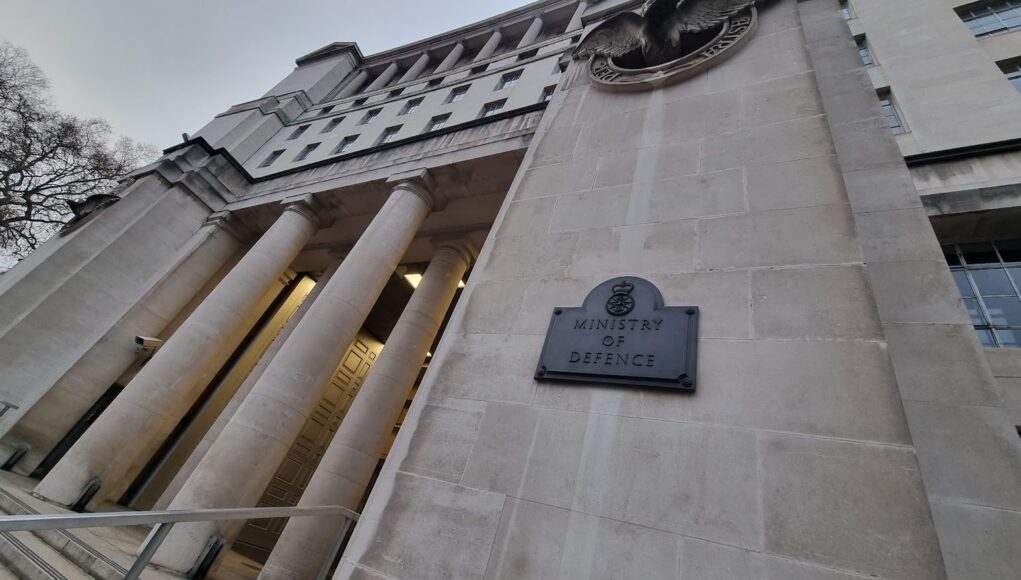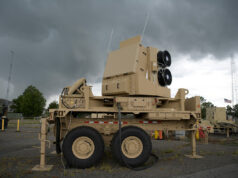The Armed Forces Commissioner Bill is set to become law after peers agreed to drop their proposed amendments, following a government commitment to launch a full-scale review of whistleblowing procedures across the UK Armed Forces.
According to a House of Lords debate on 23 July, the Ministry of Defence will initiate a “Whistleblowing in Defence Review” led by Minister for Veterans and People, Al Carns MP. The review will examine whether current policies for raising concerns within the military are fit for purpose, how these are communicated to service personnel, and whether legislative changes are needed.
Announcing the agreement, Defence Minister Lord Coaker said in the Lords Chamber that “Defence personnel must feel empowered and protected to come forward with their concerns, and Defence needs to address and eliminate toxic behaviours and cultures in the Armed Forces.”
The government’s concession followed repeated efforts in the Lords, particularly from former minister Baroness Goldie, to give the new Armed Forces Commissioner explicit authority over whistleblowing complaints. While the Commons ultimately rejected that amendment, ministers agreed to broader reform.
Reading from a letter to Baroness Goldie, Lord Coaker confirmed the review would explore consistency between military and civilian whistleblowing systems, and whether the “Raising a Concern” policy is widely understood and accessible. It will also examine whether multiple routes to raise complaints are a strength, rather than a weakness.
Baroness Goldie, in reply, said she was satisfied the government had “listened and responded”, and emphasised that the review must produce clear outcomes, not merely delay reform. “The Armed Forces environment can be a very closed one, which makes it hard to seek help when something goes wrong,” she said.
The review will report initial findings by the end of 2025, with a final report due in spring 2026. Lord Coaker confirmed that a Written Ministerial Statement setting out the full terms of reference would be issued after the summer recess.
The commitment to reform has been welcomed across parties, with Baroness Kramer describing the result as “better than anything I had hoped for,” and Lord Beamish urging that whistleblowing be treated not as a threat to Defence, but “an opportunity to learn.”
Peers called for scrutiny from both the Commons Defence Committee and the Lords International Relations and Defence Committee, as the process moves forward. Lord Coaker agreed that this must be a “substantive, meaningful process with tangible outcomes.”
The Armed Forces Commissioner Bill now proceeds to Royal Assent.













